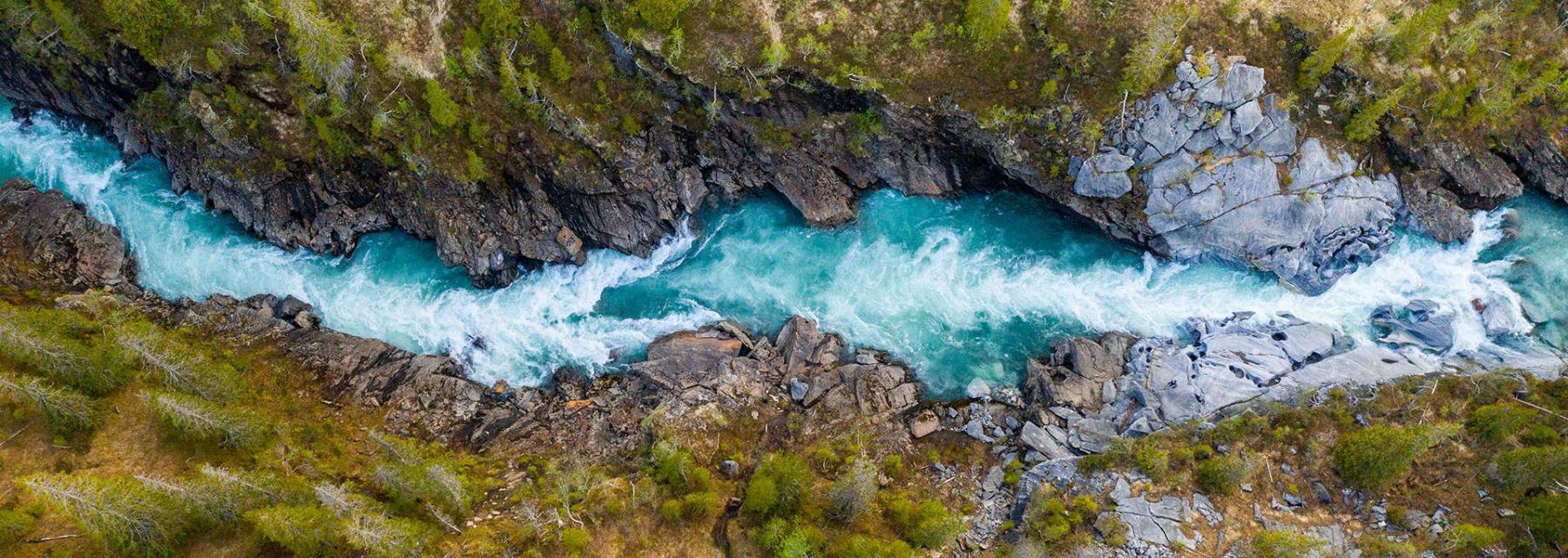
Earth Day Ocean Clean Up
by Tonya Page
In this lesson, students will collaborate to design and engineer a product to contain and clean up an oil spill while saving the affected wildlife. They will also accurately complete an itemized receipt. Then, students write a multi-paragraph passage communicating their oil spill cleanup experience, struggles and man-made effects on the environment. This real-world problem-solving lesson allows students to develop a deeper understanding of issues that impact wildlife and how to create solutions.
Lesson Grade Level
6th GradeLesson Plan Link/URL
https://docs.google.com/presentation/d/16xta17SeZx_NjfC4LXv6pYKWPKZ-wYI8/edit?u…Subject Area
Science Physical Science P1: Matter Life Science L2: Organisms & Energy Engineering S1: Engineering & Global Society S2: Apply the Engineering Design Process S3: Apply Mathematics to Engineering S4: Apply Science to Engineering S6: Apply Communications to Engineering S7: Apply Project Management to Engineering Mathematics Operations and Algebraic Thinking (OA) Number and Operations in Base Ten (NBT) The Number System (NS) English Language Arts (ELA) Reading (Informational Text) Writing Speaking & Listening
Featured
Off
Related Content

Grades:
Kindergarten, 1st Grade, 2nd Grade, 3rd Grade, 4th Grade, 5th Grade, 6th Grade, 7th Grade, 8th Grade
Most students are likely familiar with popular films like Happy Feet, Surf’s Up, Penguins of Madagascar, and classic books like Mr. Popper's Penguins. Capitalizing on this familiarity with penguins

Grades:
3rd Grade, 4th Grade, 5th Grade, 6th Grade, 7th Grade, 8th Grade, 9th Grade
Engineers often create small-size models of a new product to test its design. This is especially true with airplanes. Model testing tells engineers how a design responds to different air conditions

Grades:
6th Grade
In this unit, students will study the effects of acid rain and chemically engineer an environmentally friendly solution to neutralize the acid in a simulated river contaminated by factory run-off

